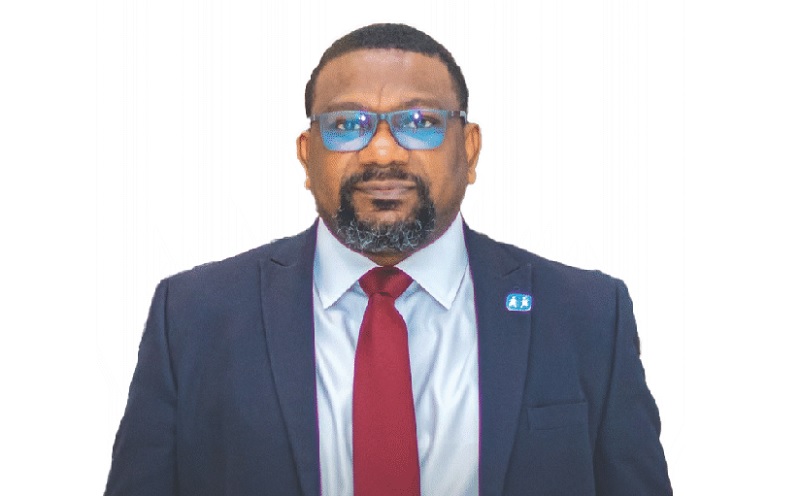The Federal Government of Nigeria has approved the disbursement of N5 billion to states, local government councils, and the Federal Capital Territory (FCT) to mitigate the effects of the subsidy removal on petrol. This decision was made at the National Economic Council (NEC) meeting held in Abuja on Thursday, as announced by Governor Babagana Zulum of Borno State.
The allocated fund will be used for the purchase of essential food items, including 100,000 bags of rice, 40,000 bags of maize, and fertilisers. The disbursement will be made up of 52% grants and 48% loans, which are expected to be repaid to the Central Bank of Nigeria (CBN) within 20 months by the states and local councils.
During the NEC meeting, Governor Zulum commended President Buhari and the CBN for their collective efforts in minimizing the impact of the subsidy removal on the citizens. Additionally, he highlighted that the federal government has also sent food items to states bordering Niger Republic to alleviate the influx of refugees into those states. Furthermore, each of these states has received five trucks of rice from the federal government for distribution among vulnerable Nigerians within their jurisdictions.
Governor Zulum stressed that the recently announced N500 billion palliative package will be distributed across sectors such as Micro, Small, and Medium Enterprises (MSMEs), the industrial sector, cash transfers, agricultural sector, and gas expansion for buses. He emphasized the government’s commitment to establishing more gas stations, procuring gas-powered, compressed natural gas (CNG), and electric buses to cushion the effects of the subsidy removal.
In addition, the states have been directed to engage in negotiations with labor union leaders to determine the best way to utilise the allocated palliatives. To facilitate this, a committee of governors has been established for the purpose of working out the details.
While acknowledging that these interventions represent short-term solutions, Governor Zulum confirmed that long-lasting solutions are currently being developed to tackle the challenges faced by the Nigerian populace.
Further discussions during the NEC meeting were centered on the impact of the 2022 flood on various states and the necessary actions needed to aid the victims. It was unanimously agreed that the federal government should immediately dispatch relief materials to affected areas. However, the delay in disbursing these materials is partly attributed to some states that have not yet provided data on the flood situation in their respective regions.
The NEC meeting concluded with a minute of silence in honor of the officers and men of the armed forces who lost their lives in a helicopter crash in Niger State. The council also advised the government to take swift actions and implement policies that will stabilize the economy, reduce the unemployment rate, and attract increased investment to the country.
NAN



